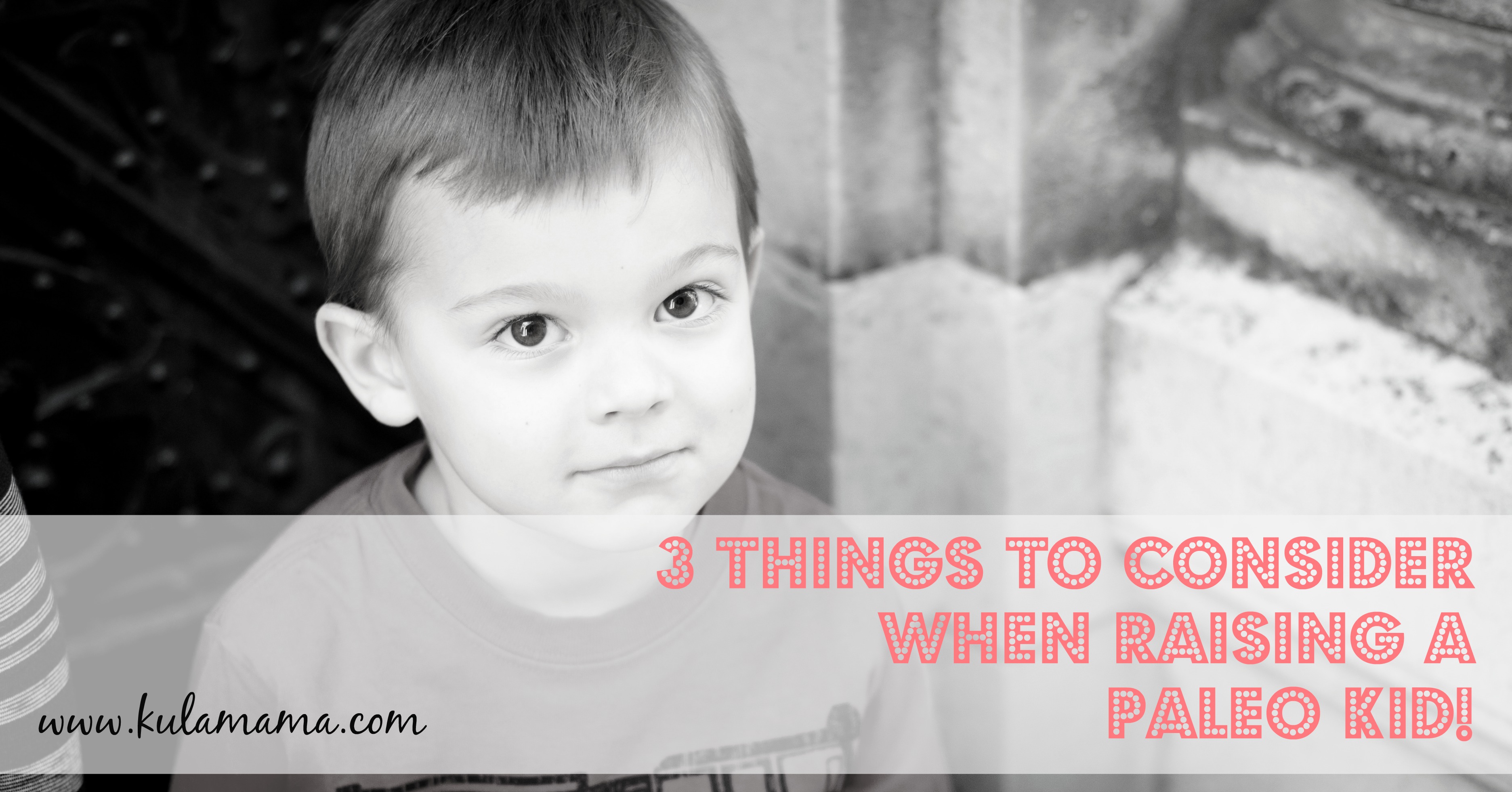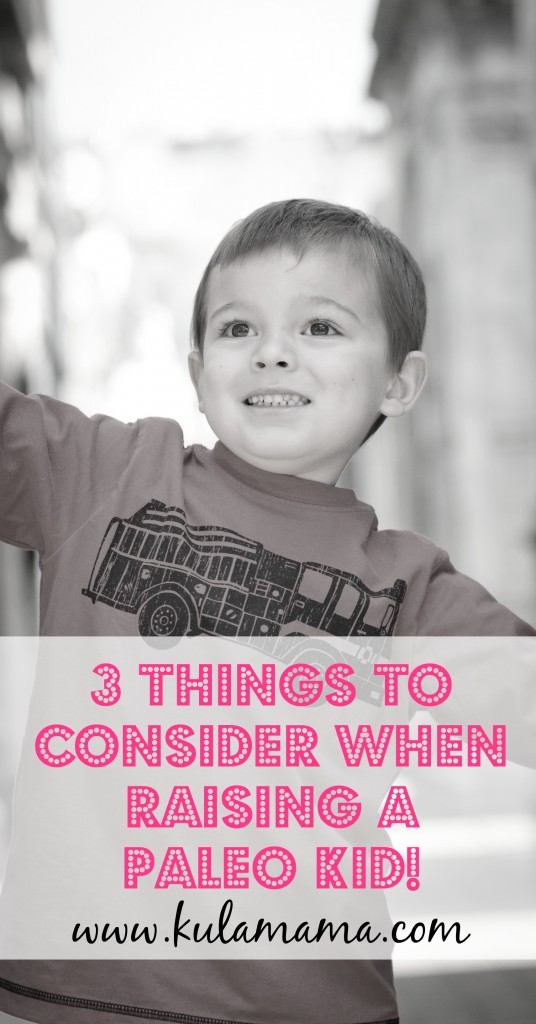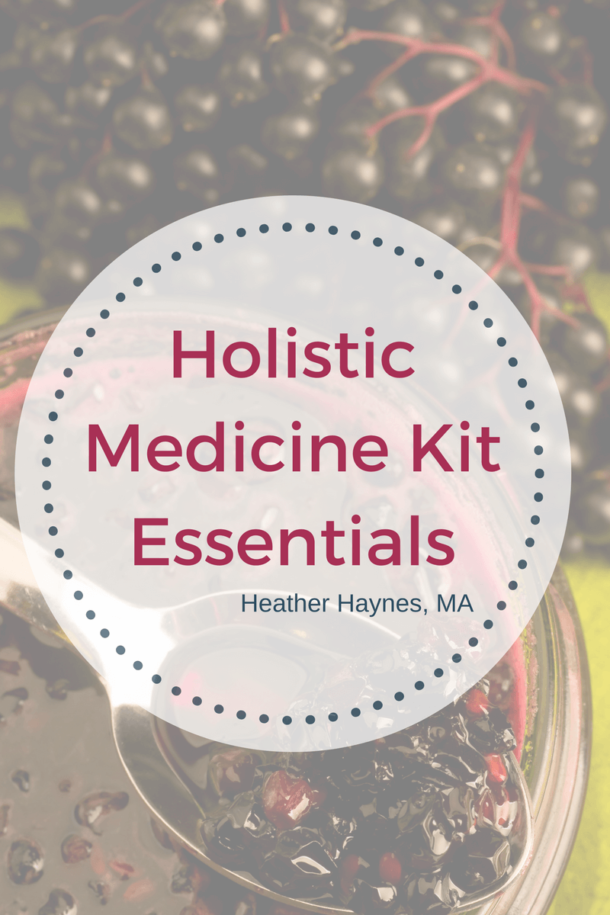There is no diet today more popular than the Paleo diet. Walk down any bookstore aisle and you will see countless cookbook covers enticing you with roasted meats and non-starchy vegetables. The Paleo diet is defined as the diet of our ancestors. It encourages the consumption of real, unprocessed foods like meat, eggs, plants and fish. Sounds healthy, right? I think so, too. In fact our family enjoys many Paleo recipes on a regular basis. Paleo living is usually interpreted as low-carb eating and the diet cautions the consumption of all grains, dairy and legumes. It is touted as the miracle diet, even for kids. From eczema to ADHD, the Paleo diet promises to cure it all. But is the Paleo diet right for all kids? Here are 3 things to consider when raising a Paleo kid!
Know Your Meat
When families move to a Paleo mindset, their meat intake generally increases and that’s not necessarily a bad thing if the family is eating grass-fed, organic meat. Why? There is a big difference between conventional (CAFO) meat and grass-fed meat. For starters, conventional meat is often treated with antibiotics. The antibiotics in conventional meat disrupt gut flora and decrease immune function in children. Secondly, conventional meat contains higher levels of omega-6 fatty acids, while grass-fed meat contains higher levels of omega-3 fatty acids. (source) Omega-3’s provide rich, brain-building fats for children and are beneficial for growing bodies. Omega 3 fatty acids are anti-inflammatory while omega 6 fatty acids are inflammatory, so for optimal health an omega 6/3 balance is necessary. When children eat too many omega-6 fats, their omega 6/3 fatty acid ratio is disrupted. An omega-6 dominate diet creates a chronic inflammatory condition in the body which is associated with diseases like cancer, autoimmune conditions and type 2 diabetes. For more information on the omega-6/3 issue: go here.
Not All Carbohydrates Are Created Equal
Thanks to low carb diets like Atkins and Paleo, carbohydrates are often misunderstood. Not everyone interprets Paleo as a low-carb way of life, but many do. Whole, unprocessed carbohydrates like sweet potatoes, butternut squash, potatoes and even whole grains offer nutritional benefits when properly prepared (for grains this means soaked and sprouted) and eaten without added chemicals or toxins (i.e. organic). For children with a healthy, strong digestion, unrefined carbohydrates in their natural form provide vitamins, minerals and energy. I do not include refined carbohydrates like crackers, bread, white flour or processed sugar in the category of healthy carbohydrates. Refined carbohydrates deplete nutrition stores and stress the digestive system. Additionally, children who suffer from chronic illness, digestive distress, food allergies, neurological conditions or autoimmune disorders are in a different category. These children may benefit greatly from a low carb diet like GAPS when the diet is used for healing purposes. There is no “one size fits all” diet for every child. The level of carbohydrates needed in a child’s diet will vary for each individual.
Beware of Diet Dogma
The last thing I want to hear from my 5 year old is that “carbs” are bad. And let me tell you he has asked me about “carbs” several times over the last few years. He often hears adults talking about this mysterious food group and wonders why so many people avoid them. Even restaurants offer low-carb options so they must be evil! “What’s so wrong with carbs, Mom?” While low-carb living might be best for some people, I want my son to make his own decisions about what type of food lifestyle feels best to him. We talk about how processed foods are made and why they might not provide the best source of energy for him. We also talk about how carbohydrate-rich food in its natural state can be a great source of energy and nutrition. What type of diet is best for his body? Only he can decide as he develops his mind-body-food connection, but I certainly don’t want him ruling out an entire food group because it’s Paleo popular.
What do you think about the Paleo diet for kids? Has it helped your child? Or not? Tell me more in the comments below!




For our family, our youngest was diagnosed with Failure to Thrive at around 9-12 months old… many doctor visits, many blood draws & tests later, they still had no idea. On a hunch, we pulled gluten out of his diet (even though there are no none gluten issues in his family history) and he gained more weight in those 2 weeks than he had in the previous 2 months. However, the blood tests still tried to tell us gluten & wheat were fine for him… but 2 weeks back on gluten & he was not napping at all, barely sleeping at night, very emotional ( a bear!), and his coloring looked horrible. We pulled it back out. He gained weight! He slept! He was happy again! After a while, dairy started bothering him so that was pulled also…. and then beans, all beans. So, while I do not label my child as a Paleo kid, I do admit to utilizing the term Paleo while searching for new recipes! He does eat rice & potatoes & butternut squash. He enjoys almond milk (that I have learned to make!). With the changes to his diet, he went from being in the 2nd % on the growth chart up to around the 30%… in ONLY 2-3 MONTHS! He’s still a little on the short side, but he’s in a good range… I am thankful for the ease of finding Paleo labeled meals to help us on this crazy journey! We still don’t know why these things bother him… but for now, diet changes are working & we are taking a looong break from needles! 😀
What an amazing story! Thank you for sharing!
Both my kids can’t tolerate much wheat and dairy. I just use the phrase we don’t eat wheat and dairy. Other people do. However I do rightly or wrongly tell them sugar is not good and neither are all the boxes cereals people have for breakfast. It’s hard when they aren’t allowed things and if they find it reassuring from me that these things aren’t good for us I don’t have a problem saying it. However I have never labelled carbs as a whole as bad.
I am 39 weeks pregnant. And started paleo about a month ago. We are still figuring out how it will work for us and our future family. Thank you for the great blog and tips on raising a paleo/healthy child.